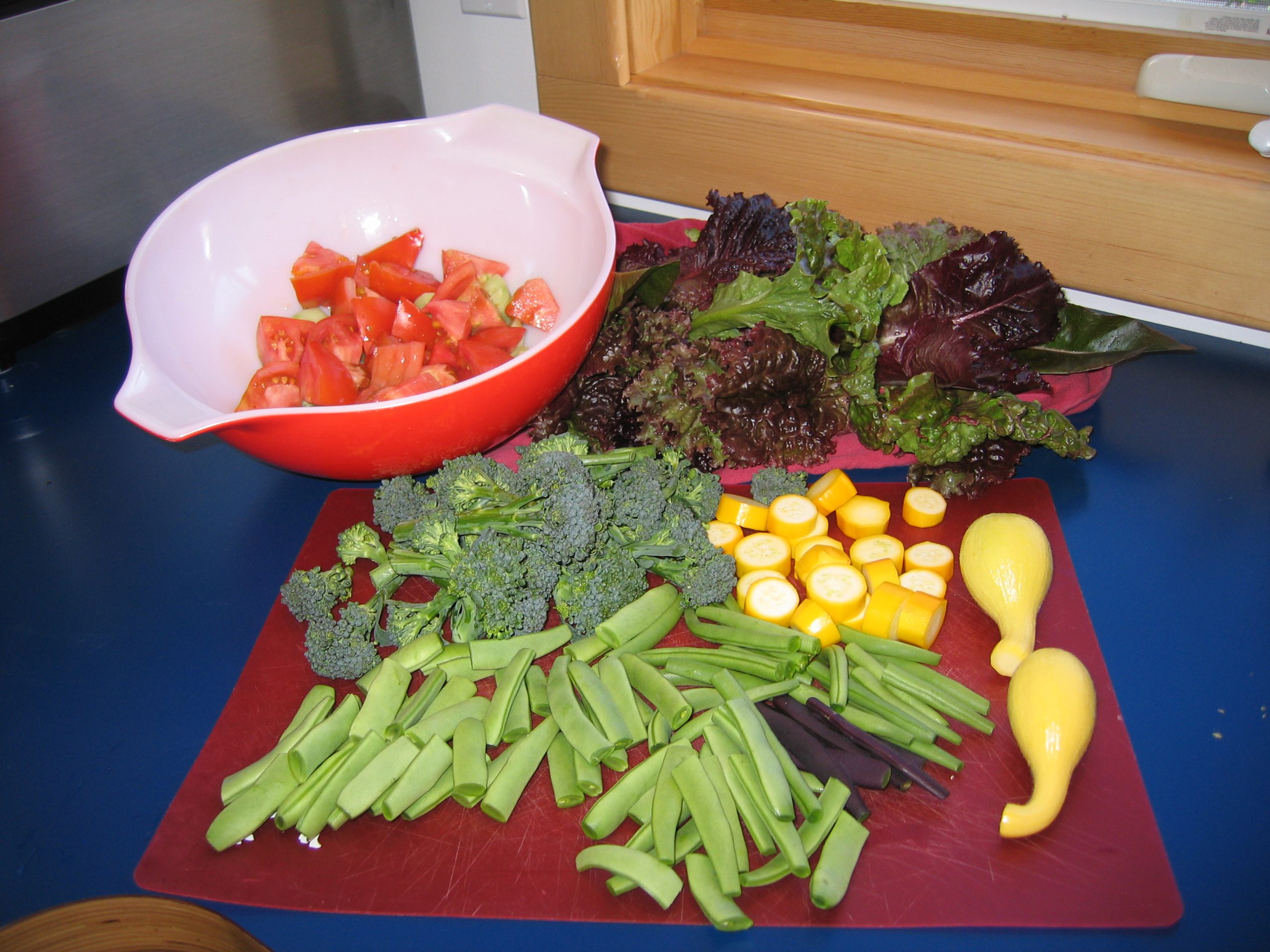COLUMN: Advice from a Naturopath on minimizing allergy symptoms
I’ve been treating more seasonal allergies this year, since we’ve had stretches of cold weather, then a stretch of really hot weather, which causes the plants to release their pollens more intensely. Also, with the increase in fires, there’s been increased smoke in the air, which can act as another irritant. “Hay-fever” is an allergic condition triggered by inhalant particles, usually pollens. The common symptoms are sneezing, snuffling, stuffed or runny nose, itchy, red or irritated eyes, sinus congestion, wheezing or shortness of breath and a scratchy, itchy throat.
The first step is to concentrate on anti-inflammatory eating and drinking. So, to start, flush the body and drink 8-10 glasses of filtered water or herbal tea per day (or 1/2 your pounds of body weight in ounces; if you weigh 120 pounds, try to drink 60 ounces of water). Try to sip the fluid and drink a cup per hour. This helps to thin the mucous and clear the irritants from the system.
Have your meals consist of60% carbohydrates in the form of dark coloured veggies and fruit, so that there is maximal utilization and availability of food nutrients. This helps to keep you alkaline, which allows the release of irritants from your body more efficiently.
Veggies could be a serving of salad or yummy roasted veggies on the BBQ at this time of year. Always choose a variety, mostly from the low carbohydrate group. These include asparagus, bean sprouts, peas, broccoli, cabbage, celery, cucumber, dark lettuce, beans, brussel sprouts, eggplant, garlic, onions, peppers, kale, swiss chard, arugula, cilantro, parsley, collards, beet tops and zucchini. Spiralize zucchini for an excellent pasta alternative! Grated carrots, kolrabi and beets could be added to salads. Also for carbohydrates, you may want a ½ cup of cooked grains per day unless you have blood sugar problems. Have a variety such asquinoa, basmati brown rice, barley, oats, rye, buckwheat, amaranth, millet, teff, rye crisps and wasa crackers. Another choice could be legumes such as split peas, lentils, kidney, pinto, black, adzuki, mung or garbanzo beans, tofu or tempeh.
Keep fruit to 1 or 2 a day with the best being cantaloupe, strawberries, raspberries, blueberries, blackberries, huckleberries, plums, melons, apricots, peaches and nectarines. Minimize high carbohydrate fruits such as grapes, mangoes, pineapple, pears and apples.
Proteins should be about 30 to 40%. The best source of protein is fish because it is anti-inflammatory and minimizes your allergy symptoms. Wild salmon is the easiest around here to buy, but, others such as haddock, halibut, herring or sardines are fine too. Chicken and turkey ― organically grown or free-range ― gives you a variety, as well as buffalo, lamb or wild meat.
Even though almonds and seeds are protein, they are also alkalinizing. Grind flax, pumpkin, hemp, chia, sesame or sunflower seeds and add to veggies, salads or cooked grains. Also enjoy yummy almond, cashew, hazelnut, sunflower, sesame or a combination nut and seed butter.
The second step is to consider supplements that are useful. They are similar to those for other environmental allergies.
Consider maximizing your Vitamin C (a non-citrus form) because it acts as a natural anti-histamine. Quercitin, a bioflavonoid, works well with Vitamin C to minimize inflammation and reduce the severity of allergy symptoms. I often have people take these throughout the season. Other bioflavonoids that are helpful are hesperidin and rutin. Beta-carotene is also a powerful anti-oxidant that decreases inflammatory responses. Sterols and sterolins are plant derivatives that minimize the allergies. Vitamin E inhibits the formation of inflammatory compounds as well. Selenium reduces the production of leukotrienes, therefore decreasing inflammation Magnesium relaxes smooth muscle, therefore decreasing shortness of breath and wheezing.
The third step to consider is herbs. One of the first herbs I would suggest is nettles to reduce symptoms. I have people add it to their favourite herbal tea, and make a pot to put in the fridge and drink 2-3 cups per day. Chinese skullcap is anti-inflammatory and has strong flavonoids, so, this can be added to tea or used as a tincture. It is often mixed with licorice, gum weed, euphorbia and sundew that helps thin the secretions. Angelica is also very effective in individuals sensitive to pollens, dust, animal dander and moulds. It minimizes the production of allergic antibodies. Onions and garlic inhibit inflammatory chemicals and contain quercitin, so, this was why they were included in the foods.
Fourthly, you may want to try homeopathics. Euphrasia, Allium cepa and Sabadilla may be helpful.
This should give you some tools to minimize those symptoms, so, you can get out and enjoy those summer months!
























